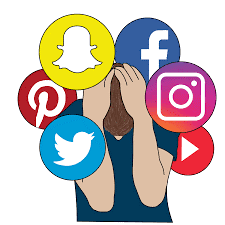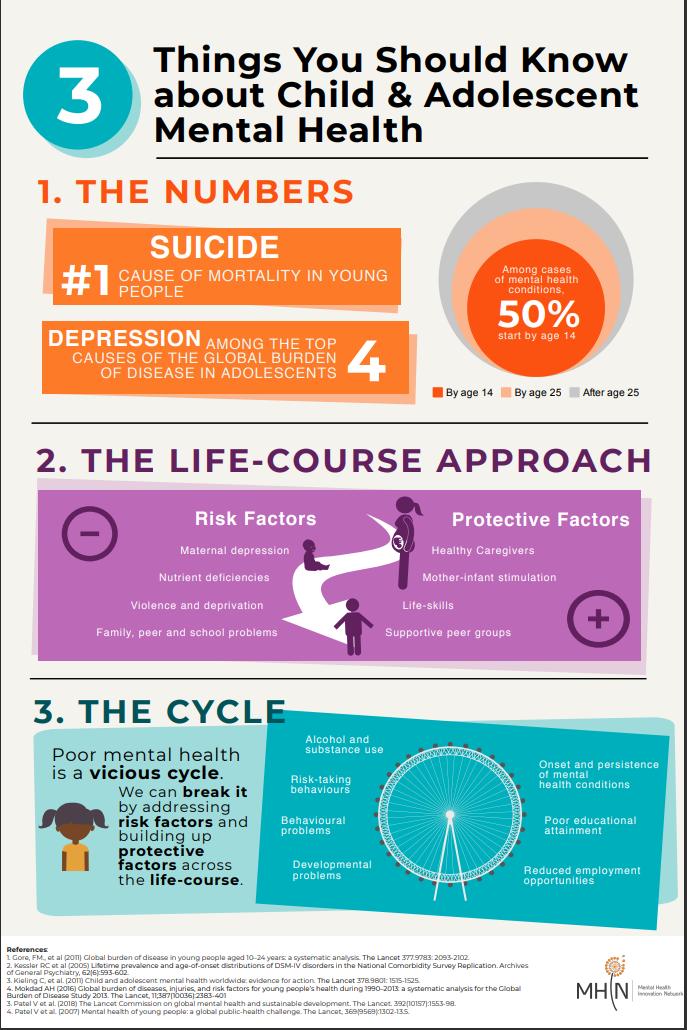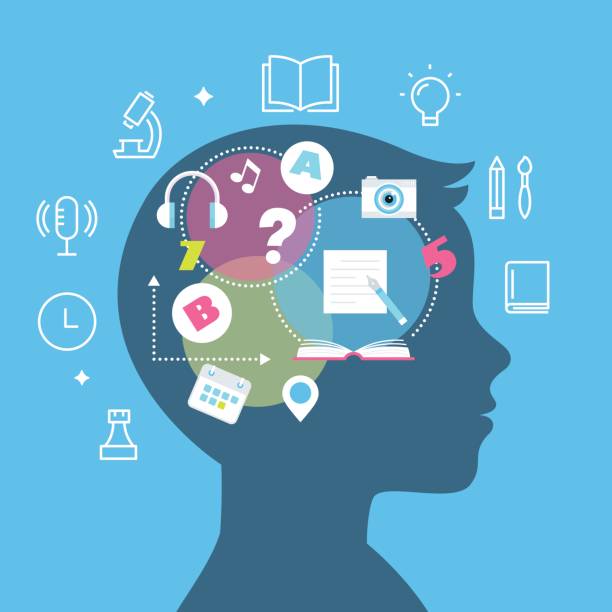
No doubt, people know that social media has many downsides and positives. Social media has given some people an outlet to express themselves and completely changed their lives. It has also given them fantastic opportunities and an easy income to support themselves. However, for others, social media can be devastating.
Studies have shown that the people who spend the most time on social media platforms have a 13-66% higher rate of reported depression. The Child Mind Institute states, “Studies show that depression among teenagers and young adults has gotten more common over the last decade.” What would be the leading cause of this increase in depression? The last decade is the only time that people have lived with cell phones in their hands, and most importantly, social media was created at this time. Social media was designed to be addictive and can be very harmful to people’s mental health and well-being.
So why do people still spend so much time on social media, even knowing the lousy side effects it brings with it? Well, social media is an addiction like no other. It has been perfectly designed to keep you engaged and entertained. They even know what kind of content you enjoy watching and change your algorithm to keep you happy with the content you see. Jeffersonhealth states, “Social media platforms drive dopamine surges to the brain to keep consumers coming back repeatedly. The shares, likes, and comments on these platforms trigger the brain’s reward center, resulting in a high similar to the one people feel when gambling or using drugs.” Social media addiction is a real thing, and even though people are aware it is harmful to them, they still choose to use it. Jeffersonhealth also states, “Since the pandemic, there has been an uptick in depression and anxiety among teens, specifically lower self-esteem, disordered eating, body image issues, and suicidal thoughts.” Social media has been linked with these mental and physical health issues over time, and they’re proving to be ever more prevalent today.
One big issue that social media brings with it is eating disorders. Social media raises many concerns when it comes to body image issues, and many people can turn their concerns into an eating disorder. This is a primary concern when it comes to young adults because they tend to be the ones who are more prone to developing these issues. Many teenagers compare themselves to the other people they see on social media. Many people will look at a photo or video of an almost “perfect” person they wish they looked like. However, this is unrealistic because most of the time, the bodies people see on social media are photoshopped or posing, making them look different. Everyone is made differently, and comparing yourself to other people on social media can result in severe body image issues. The National Library of Medicine states, “Epidemiological studies have suggested that the incidence of eating disorders among adolescent girls has increased over the last 50 years.” They also say, “Today, more than ever, adolescents are prone to concerns about their weight, shape, size, and body image. As a result, dieting to lose weight. Many researchers have hypothesized that the media may play a central role in creating and intensifying the phenomenon of body dissatisfaction and consequently, may be partly responsible for the increase in the prevalence of eating disorders”. Eating disorders are fatal, and every 52 minutes, someone dies as a result of an eating disorder. They have the second-highest mortality rate for mental illnesses. Social media has also been shown to increase stress and anxiety in users. When people receive negative feedback from others or are cyberbullied, it increases the person’s stress levels. They start to care about what other people are saying about them even though the people saying these things to them are behind a screen, not facing them in real life. Also, social media shows content at such a rapid pace that it’s hard to concentrate on other things that are not moving at such a fast pace. Watching a movie or doing simple tasks can seem tedious and almost impossible. Social media has also shortened our attention span, making it harder to do tasks that were once easy to do. This can increase people’s stress levels because they allow themselves to procrastinate and scroll on social media instead of doing the things that they have to get done. Procrastination increases stress levels because we feel increasingly overwhelmed by holding off the things we have to do. Overall, social media has been linked to increasing stress and anxiety in users.
Ultimately, social media has raised many concerns about the mental health of all users. No one is immune to the consequences that social media brings. However, using social media with the right mindset and taking precautions shouldn’t be too much of a problem. Unfortunately, social media doesn’t seem to be getting better, and because of that, the mental health of many people is still suffering. The next time you decide to use social media, make sure it is with good intentions and be careful not to let your mental health suffer due to content. When used carefully, social media can be a great and cheerful place, but unfortunately, it will never be perfect.







